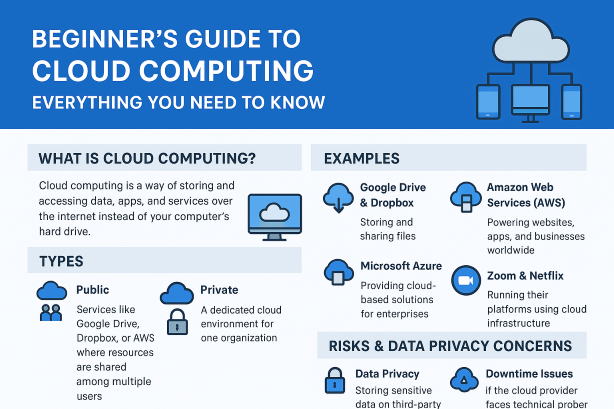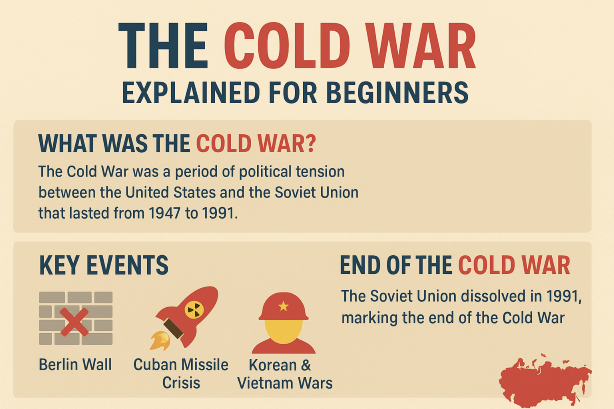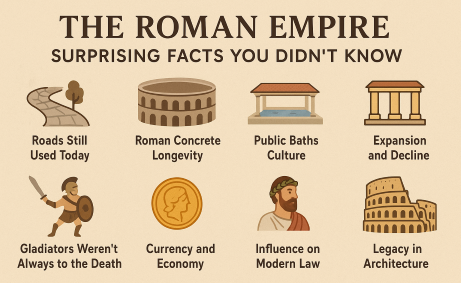Introduction: Why Understanding the Cold War Still Matters
The Cold War was one of the most influential periods of the 20th century. Even though it officially ended more than three decades ago, its impact can still be felt in today’s global politics. For beginners who are just stepping into history, let’s break down the Cold War in simple words so you can understand what it was, why it happened, and why it matters today.
What Was the Cold War?
The Cold War (roughly 1947–1991) was a period of intense rivalry between two world superpowers: the United States and the Soviet Union. Unlike traditional wars, the Cold War didn’t feature large-scale battles directly between the two nations. Instead, it was marked by political tension, propaganda, and competition for global influence.
US vs USSR Ideologies
At its core, the Cold War was a clash of ideas:
- United States (USA): Represented democracy and capitalism, where people had personal freedoms and private ownership.
- Soviet Union (USSR): Advocated communism, emphasizing state control over the economy and equality over individual wealth.
This ideological divide shaped not just politics, but also cultures, alliances, and economies around the world.
Key Events of the Cold War
The Cold War was filled with tense moments that nearly pushed the world into direct conflict. Some major events include:
- Berlin Wall (1961): A physical and symbolic divide between communist East Berlin and democratic West Berlin.
- Cuban Missile Crisis (1962): A 13-day standoff when the USSR placed nuclear missiles in Cuba, bringing the world to the brink of nuclear war.
- Korean & Vietnam Wars: Indirect conflicts where the US and USSR supported opposing sides.
The Nuclear Arms Race
One of the scariest aspects of the Cold War was the nuclear arms race. Both the USA and USSR built massive stockpiles of nuclear weapons, each capable of destroying the world several times over. This period of “Mutually Assured Destruction (MAD)” meant that neither side dared to strike first, as it would guarantee mutual destruction.
End of the Cold War
By the late 1980s, the Soviet Union faced economic struggles and political unrest. Reforms by Soviet leader Mikhail Gorbachev and increasing international pressure eventually led to the fall of the Berlin Wall in 1989. Two years later, the USSR dissolved in 1991, marking the official end of the Cold War.
Conclusion: Lessons for Today’s World
The Cold War teaches us that global conflicts aren’t always fought on battlefields—they can also be battles of ideas, influence, and technology. It also shows the dangers of unchecked nuclear weapons and the importance of diplomacy. For today’s generation, understanding the Cold War helps explain current international relations and reminds us of the importance of peace over rivalry.




